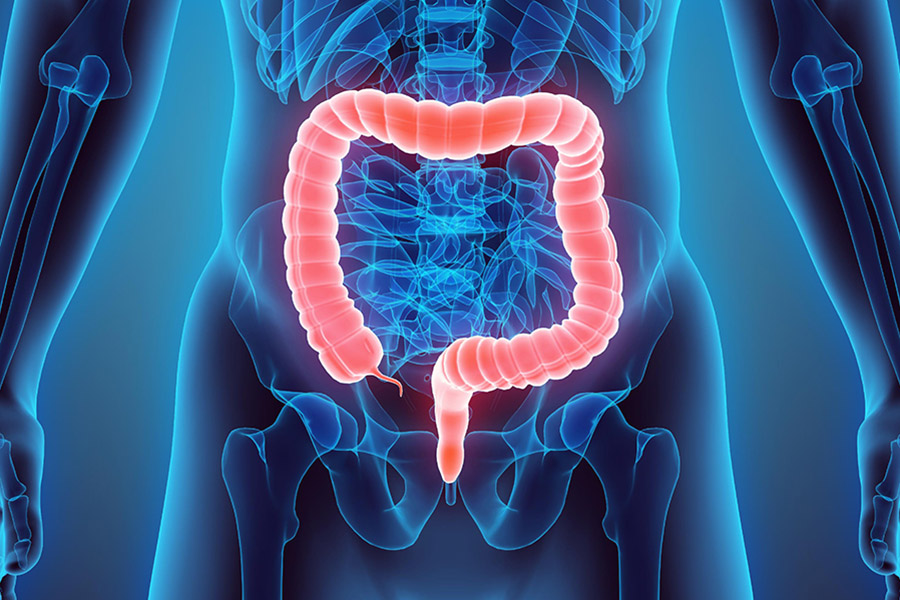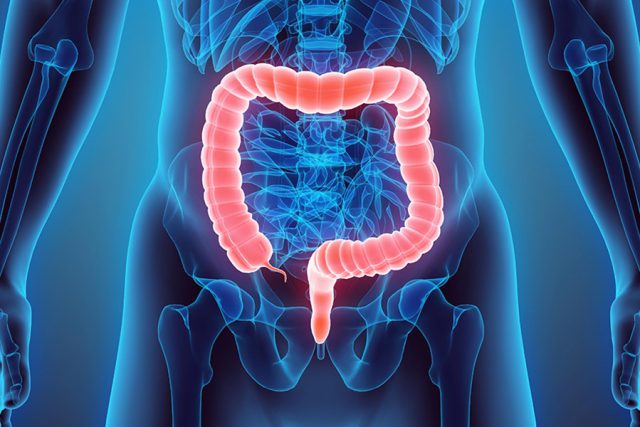
Inflammatory Bowel Disease (IBD) is a chronic, relapsing and remitting condition characterized by inflammation of the gastrointestinal tract. There are two main forms of IBD: Crohn’s disease and ulcerative colitis. While the exact cause of IBD is not known, it is believed to be related to a combination of genetic, environmental, and immunological factors. IBD can lead to a range of complications and can impact the quality of life of those affected.
One of the most common complications of IBD is malnutrition. The inflammation of the intestinal lining can lead to a decreased ability to absorb nutrients, and the frequent diarrhea associated with IBD can cause malnutrition. Malnutrition can also result from a reduced appetite due to the pain and discomfort caused by the disease. Patients with IBD may require dietary supplements and vitamins to prevent malnutrition.
Another complication of IBD is fistulas. Fistulas are abnormal connections between the intestine and other organs, such as the bladder or vagina. They can lead to infections and abscesses, and may require surgery to repair. Fistulas are more commonly seen in patients with Crohn’s disease than ulcerative colitis.
IBD can also lead to the formation of strictures. Strictures are narrowings in the intestine that can cause blockages and obstructions. This can lead to abdominal pain, cramping, and constipation. Strictures may require surgical intervention to widen the narrow portion of the intestine.
Extraintestinal manifestations are also a common complication of IBD. These are symptoms that occur outside of the digestive tract, such as joint pain, skin rashes, eye problems, and liver disease. Extraintestinal manifestations can be a sign of a more serious underlying condition, and prompt evaluation and treatment is necessary to prevent further complications.
IBD can also lead to the development of cancer, particularly in patients with long-standing, severe disease. The risk of cancer is higher in patients with ulcerative colitis compared to Crohn’s disease. Regular screening is important to detect any precancerous changes in the intestine and to allow for early treatment.
A complication that is specific to women with IBD is infertility. The inflammation associated with IBD can cause damage to the reproductive system, leading to infertility. In addition, the use of certain medications used to treat IBD can also affect fertility. Women with IBD who are considering pregnancy should discuss their options with their healthcare provider.
Psychological distress is another common complication of IBD. Living with a chronic disease can lead to feelings of anxiety, depression, and stress. These feelings can be compounded by the impact of IBD on daily life, such as missing work or social activities. Patients with IBD may benefit from counseling and support groups to help them cope with the psychological effects of the disease.
In conclusion, IBD can lead to a range of complications, from malnutrition to cancer. It is important for patients with IBD to be closely monitored by their healthcare provider to detect and treat any complications as soon as possible. Regular check-ups, screenings, and lifestyle modifications can help prevent or minimize the impact of these complications. With proper management, many people with IBD can lead full and productive lives.
*This article was produced with the assistance of artificial intelligence. Please always check and confirm with your own sources, and always consult with your healthcare professional when seeking medical treatment.




